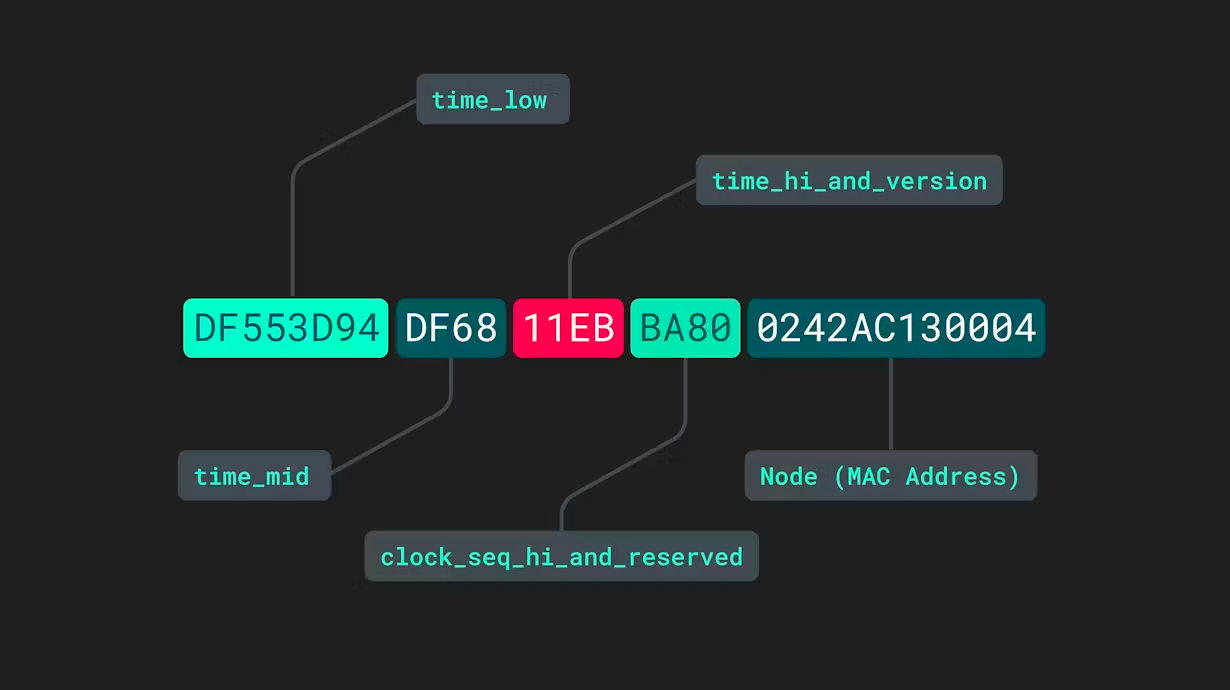Understanding Base64: Encoding and Decoding Explained
Learn how Base64 encoding works and how it can be used to encode and decode data.
Category: Data Encoding | Published: April 22, 2024 | Author:  Renato Cassino
Renato Cassino

What is Base64?
Base64 is an encoding scheme that converts binary data into text format so that encoded data can be easily transmitted over media that are designed to deal with textual data. This encoding helps to ensure that the data remains intact without modification during transport. Base64 is commonly used in a variety of applications including email via MIME, and storing complex data in XML or JSON.
How Does Base64 Work?
Base64 encoding schemes are commonly used when there is a need to encode binary data, especially when that data needs to be stored and transferred over media that are designed to deal with text. This encoding helps to ensure that the data remains intact without modification during transport. Base64 converts binary data to plain text by dividing it into sets of three bytes. These three bytes form a 24-bit buffer, which is then divided into four sets of six bits each. Each set of six bits is then used as an index into a character set of 64 different values, leading to a corresponding character in the output stream.
Practical Applications of Base64
Base64 encoding is widely used on the internet. Here are a few practical applications:
- Email: Base64 can be used to attach images or files to emails.
- Data URLs: Embedding small images or other data inside a URL.
- WebSockets: Sending and receiving binary data using Base64 encoding.
- Storage of Binary Data in Textual Format: Sometimes it is necessary to store binary data directly in text databases.
Converting Base64 Data
If you need to encode or decode Base64 data, you don't need to write your own utility. Instead, you can use the convenient online tool available at tools.cassino.dev. This tool simplifies the process, allowing you to easily convert text to Base64 or decode Base64 to text with just a few clicks.
Whether you are dealing with data transmission issues that require Base64 encoding or you just need to encode some data into a format that can be easily transmitted and stored, understanding and utilizing Base64 encoding can be highly beneficial. Make sure to check out the encoding and decoding tool at tools.cassino.dev to handle your Base64 needs efficiently.
Other posts

The Importance of Strong Passwords: Safeguarding Your Digital Life
Learn why strong passwords are crucial and how they protect your online accounts.

Understanding Computer Colors: RGB and Hexadecimal Explained
Dive into how computers display colors using the RGB color model and hexadecimal values.

Understanding MD5: The Hashing Algorithm Explained
Explore how the MD5 algorithm works and its applications in digital security.

Understanding UUIDs: Types and Applications
Explore the different versions of Universally Unique Identifiers (UUIDs) and their specific uses.